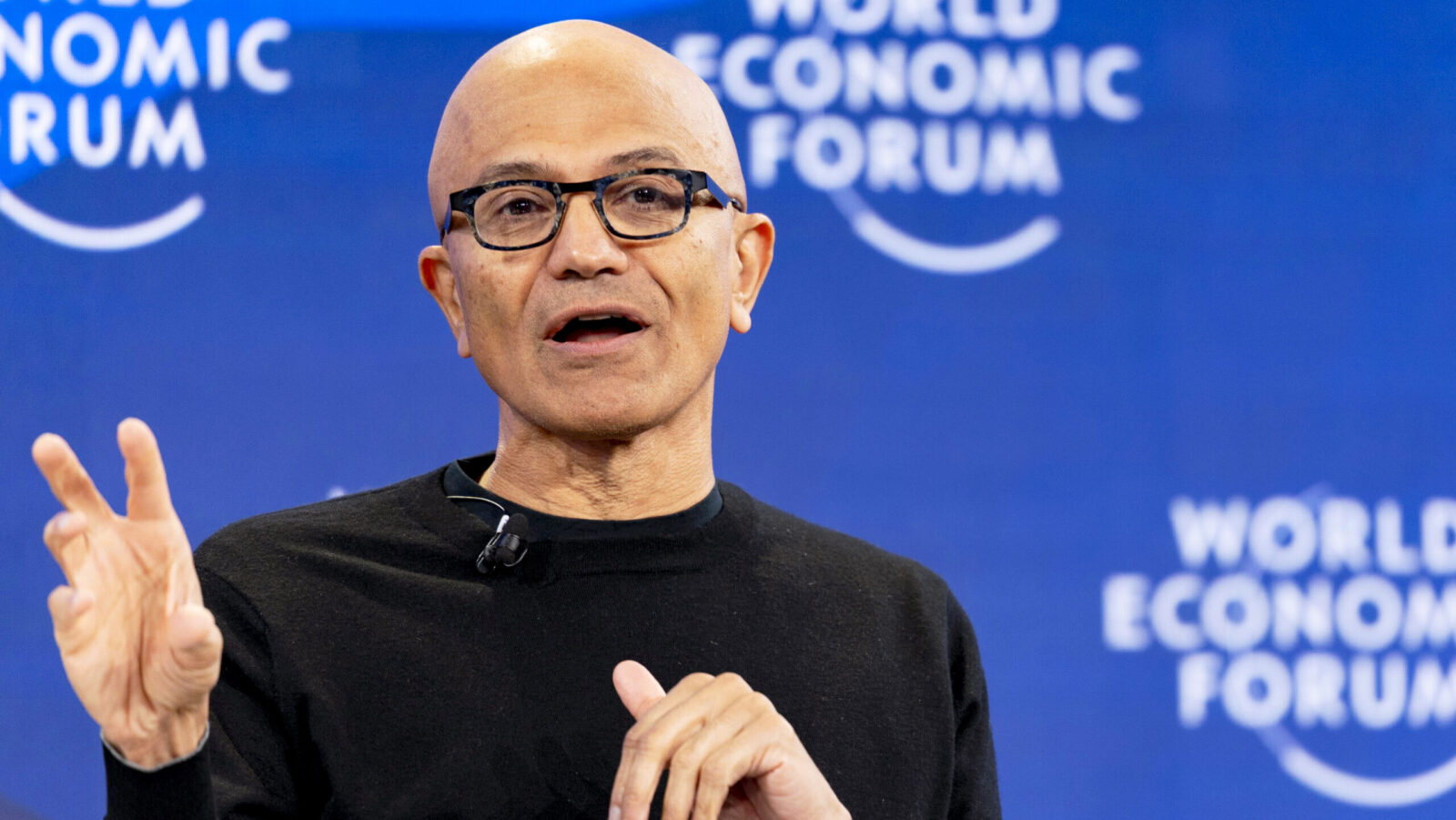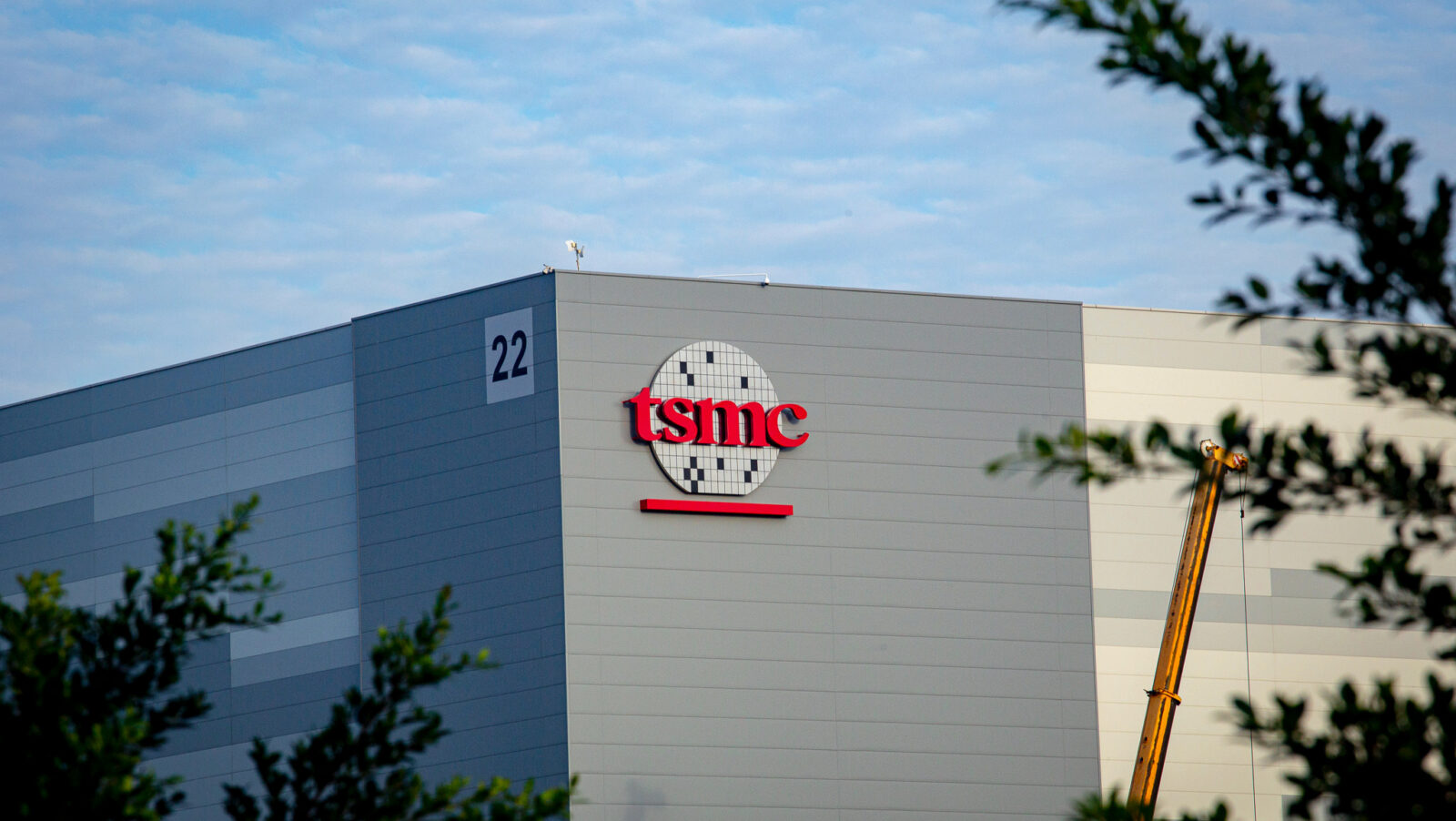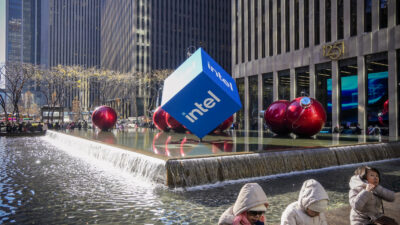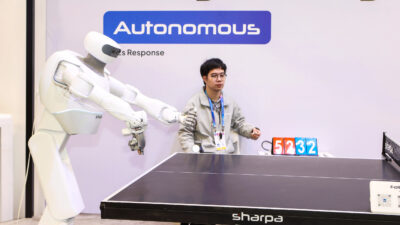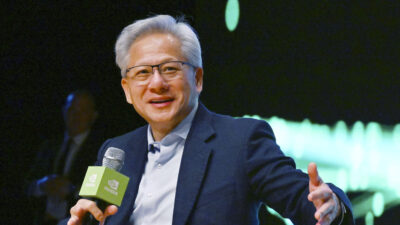Alibaba Executes a Big Tech Pivot
Chinese e-commerce giant Alibaba, having successfully diversified into cloud computing, is now making a push into artificial intelligence.
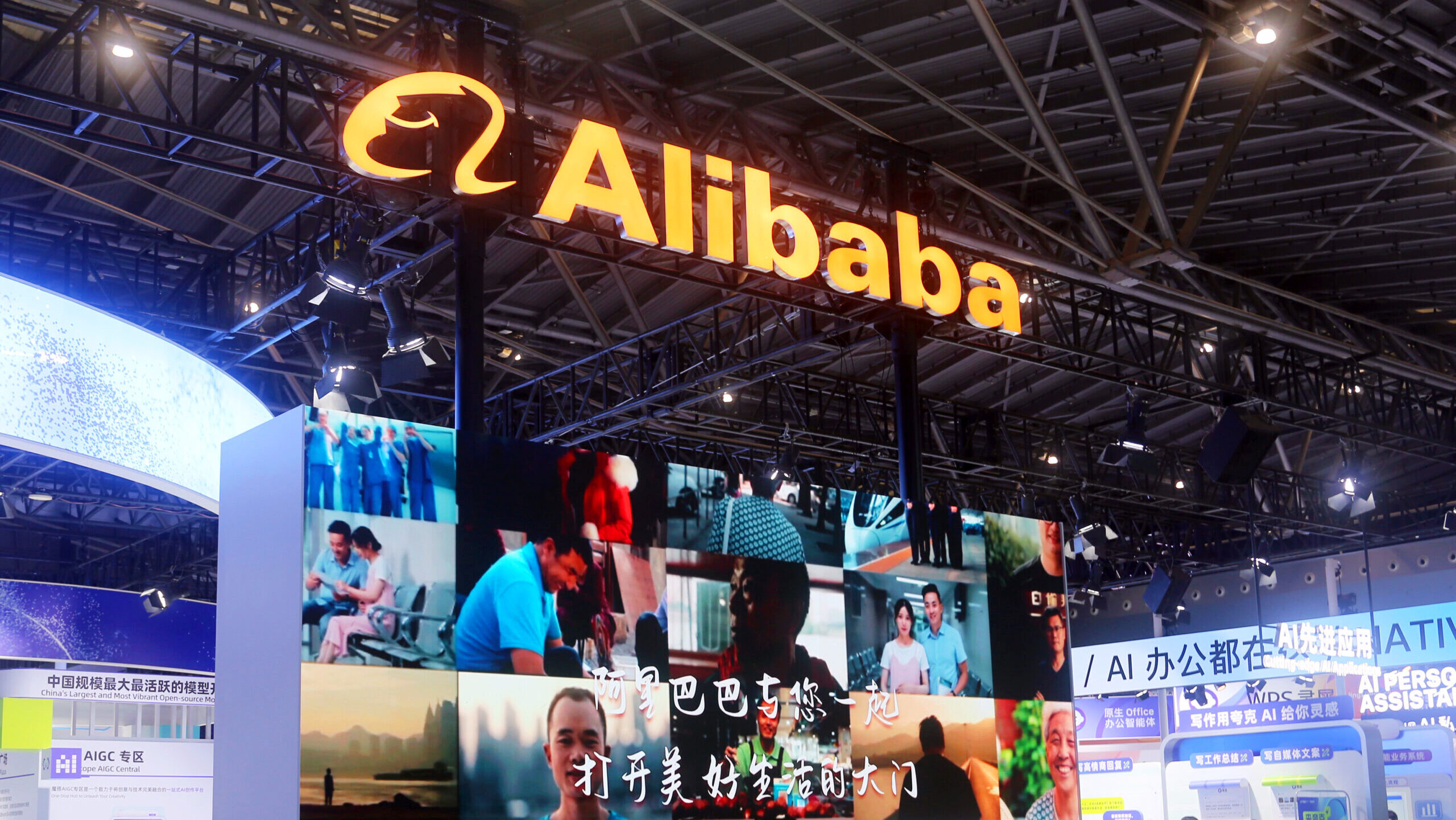
Sign up for smart news, insights, and analysis on the biggest financial stories of the day.
If you’re shopping for a business role model, you can do worse than Amazon.
Alibaba, the Hangzhou, China-based e-commerce giant, is precisely the type of company that could easily suffer under the new, shifting terms of global trade. Instead, its stock, dually listed in New York and Hong Kong, is up roughly 60% year-to-date on both exchanges. Why? Because, like Amazon, the company has successfully diversified into cloud computing. Now, Alibaba is ever so slowly starting to model itself after another American tech giant, Nvidia, as it enmeshes itself into every corner of China’s domestic artificial intelligence industry.
Chips on the Table
Investors have plenty of reasons for their enthusiasm for Alibaba. In its most recent earnings call in late August, the company posted 26% sales growth in its cloud computing division, while saying revenue for its in-house AI-related products and services “maintained triple-digit year-over-year growth.” That essentially means the company is having its AI cake and eating it, too. It benefits whether clients use the AI tools it has developed and sells through its cloud division (its Qwen AI model is consistently one of the highest-rated in the world) or use its cloud services to power third-party AI services such as those provided by homegrown Chinese player DeepSeek. “[Alibaba] holds the best cloud assets in China, positioning it to capitalize on strong AI demand,” Mizuho Securities analyst Wei Fang wrote in a research note.
Now, the company is increasingly pursuing a third leg in its AI business stool: According to a Wall Street Journal report last week, Alibaba is making major strides in its ability to design AI-powering chips just as China’s tech industry looks to reduce its reliance on foreign chip suppliers:
- While Alibaba has designed cloud computing chips in the past, they have mostly been useful only for specific applications. Per sources who spoke with the WSJ, the latest chip in its pipeline is capable of a much broader range of AI inference tasks.
- Experts did tell the WSJ that the chip lags top US-designed chips, though it could help fill the gap left by Nvidia’s comparatively lower-powered H20 chip that was popular among Chinese firms. Meanwhile, unlike Huawei’s chips, sources tell the WSJ that Alibaba’s chips are made to be much more compatible with programs initially designed to use Nvidia chips.
Special Delivery: AI may be Alibaba’s future, but what about its e-commerce present? (For reference, e-commerce still accounts for just under 60% of the company’s total revenue). While the unit overall had a strong quarter, with revenue rising 10% year-over-year to 19.6 billion yuan, a flailing food-delivery business is dragging it down. That division, which operates under the TaoBao Instant Commerce brand, has been a consistent money-loser for Alibaba as it remains locked in a bitter price and customer acquisition war against domestic players like Meituan and JD.com. At this rate, it seems like only AI superintelligence can crack the code of making instant lunch deliveries a sustainable business model.
